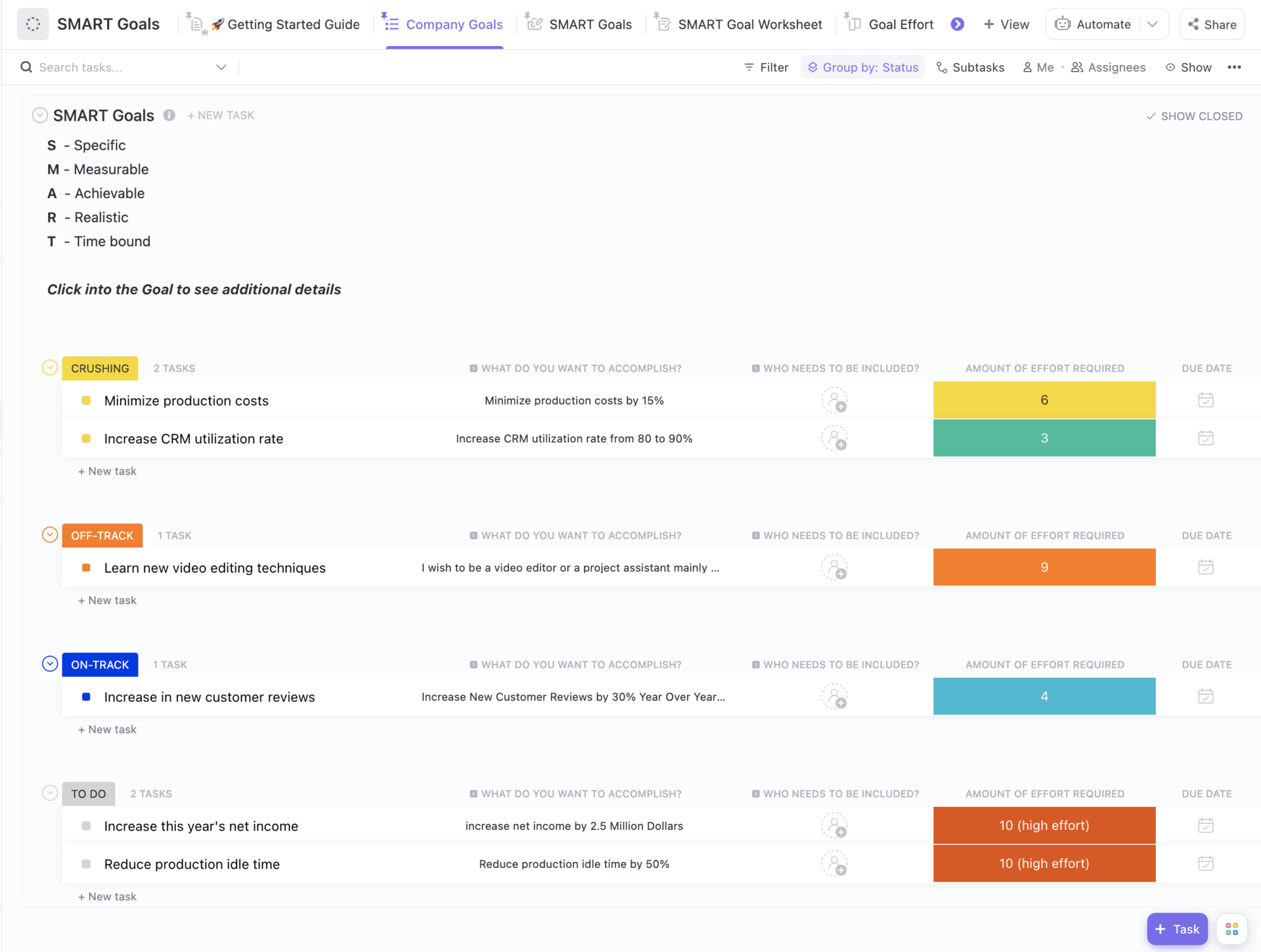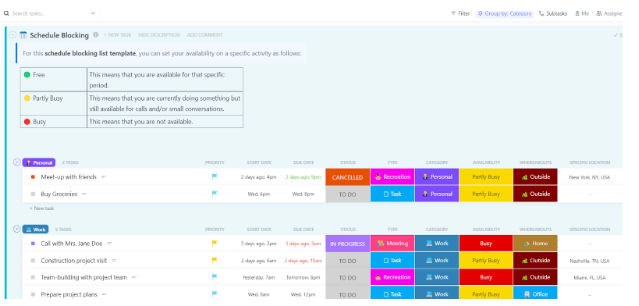In less than 100 days, China’s food delivery landscape has been reshaped by an intense subsidy war, with JD.com and Alibaba together pledging a staggering RMB 80 billion (around $11 billion) to challenge Meituan’s dominance. Meituan, which has responded with discounts and deals of its own, saw its order volume surge to record highs in recent weeks, with the company reporting consecutive milestones on the past two Saturdays as it hit 1.2 billion and 1.5 billion daily orders.
On July 15, Wang Puzhong, CEO of Meituan’s Core Local Commerce, broke an eight-year media silence with an exclusive interview for LatePost, offering a rare insight into the company’s stance amid such intense competition.
Why it matters: Serving 770 million users and 14.5 million annual active merchants, Meituan dominates the food delivery market in China, but traditionally maintains a low media profile compared to its peers. Nevertheless, it has faced repeated public scrutiny over rider welfare and merchant commission rates, topics that have sparked widespread debate in recent years.
Details: In the interview, Wang addressed Meituan’s position in the industry and the necessity for the company to fight to retain its lead. He described food delivery as “a delicate and low-margin business,” claiming that no one understands the industry’s mechanics better than Meituan.
- When asked about the recent surge in orders driven by Alibaba’s aggressive coupon and discount campaigns, Wang remarked, “Orders are just numbers,” and highlighted that order count and valuable gross transaction value (GTV) are two different things.
- Speaking on the rapid rise of China’s instant retail market, from 100 million daily orders earlier this year to 250 million on July 12, Wang bluntly labeled “most of it a bubble.”
- Looking ahead, Wang outlined three possible endings to the food delivery war: one side being completely defeated or acquired; a stalemate leading to mutual retreat; or intervention from a higher authority to force a truce. He noted: “We may not return to the stage of mutual restraint seen before.”
Context: Wang started his career as an engineer and manager. He joined Meituan from Baidu in 2015 as senior product director for food delivery and rose quickly, becoming a member of Meituan’s top decision-making body, the S-team, by age 34. Last year, he was appointed CEO of the newly formed Core Local Commerce segment, which consolidated Meituan’s foundational R&D, platform, and local service groups.
- Throughout his career, Wang has been no stranger to fierce competition—initially fighting against Meituan for Baidu’s delivery service, then leading Meituan’s battle against Ele.me (later acquired by Alibaba). Meituan has since faced challenges from Douyin (TikTok), JD.com, and now Alibaba’s renewed push, forcing Wang and his team to defend their turf repeatedly.
- Separately, JD.com has publicly distanced itself from the latest subsidy war, condemning the “buy RMB 18 get RMB 18 off” subsidy campaigns launched by its rivals as severe overcompetition and seemingly being keen to emphasize that it has not participated. JD’s focus since March has included reducing industry commissions, providing full social insurance and formal contracts for riders, and promoting quality delivery, according to the company.
- On July 17, Meituan, building on earlier pension subsidy pilots, announced plans to roll out nationwide pension subsidies for delivery riders, with local government cooperation and phased regional launches underway.











